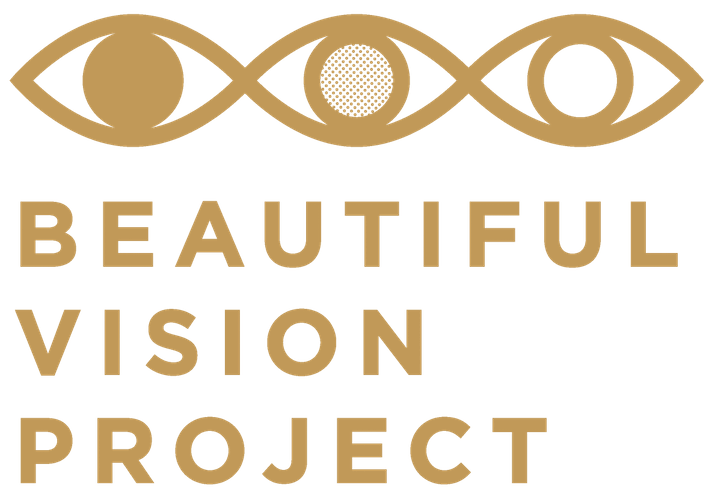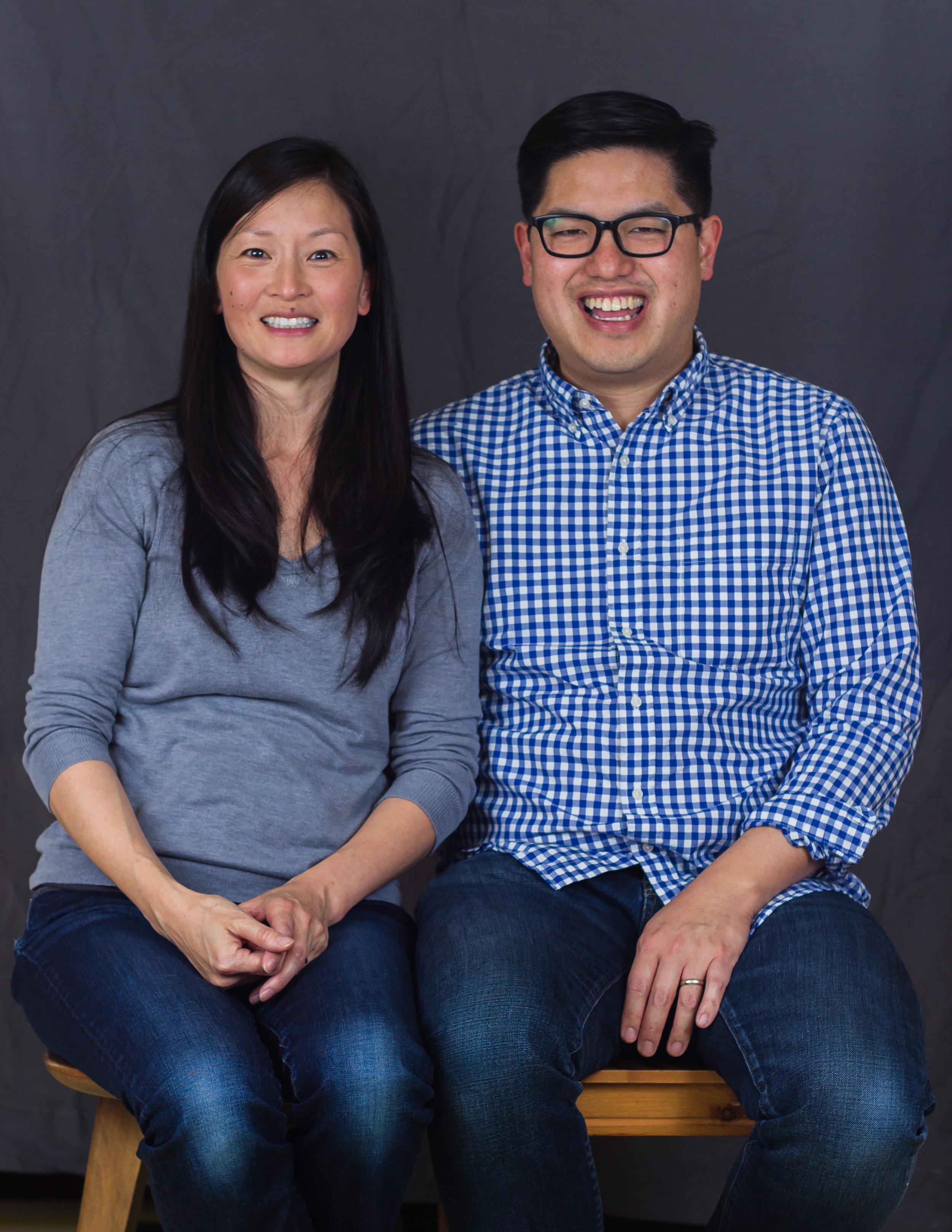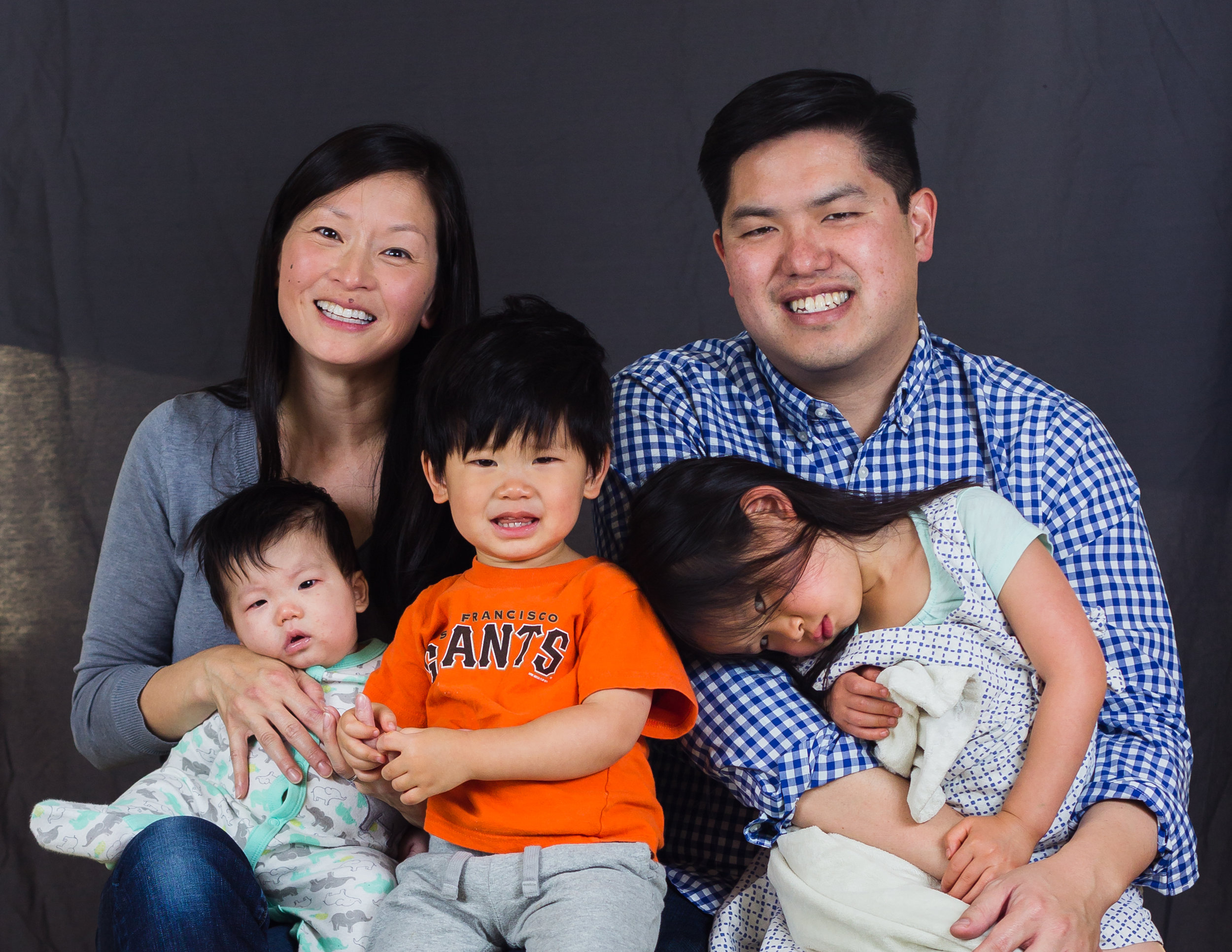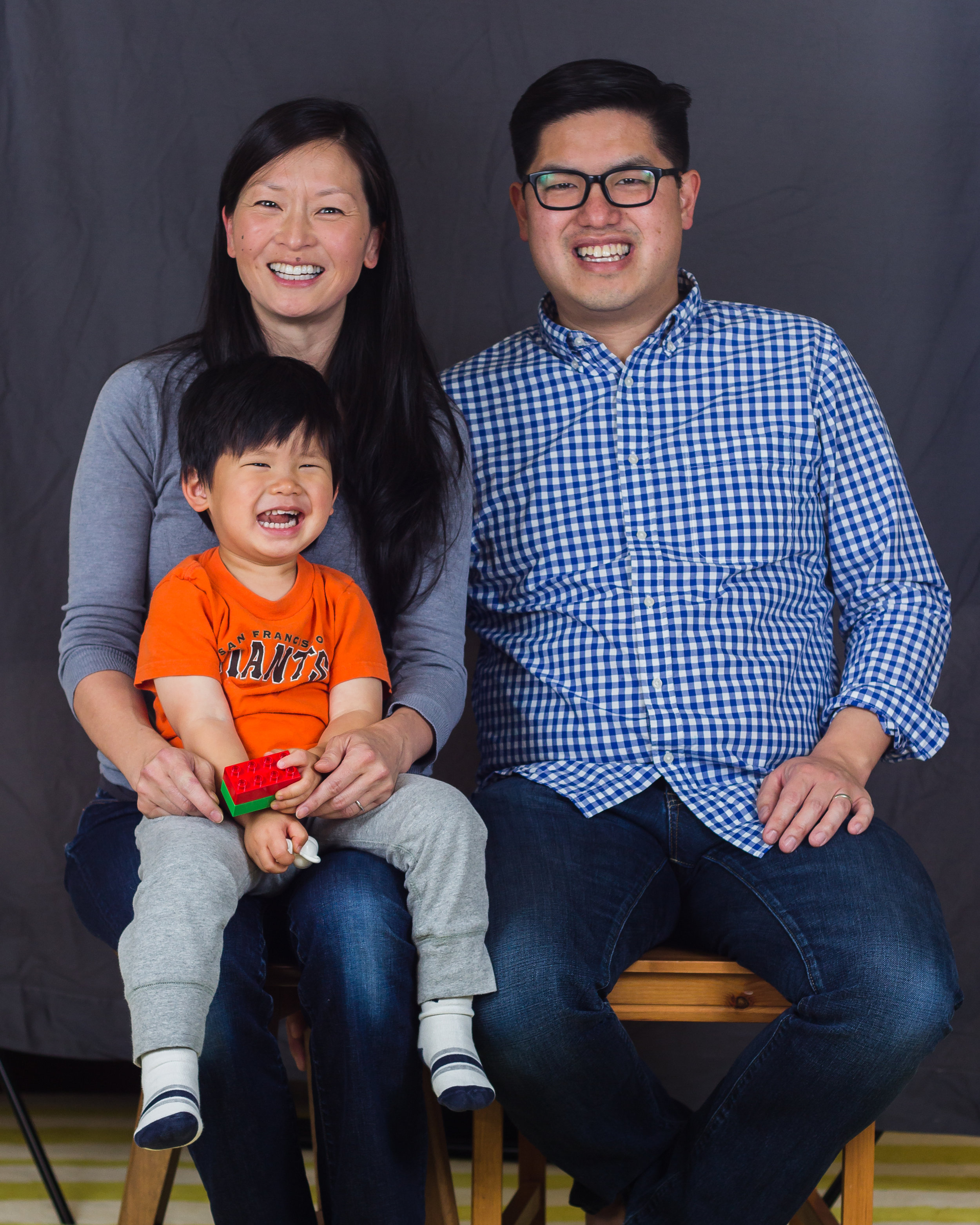Joanne
Cause of Blindness - Vascular Angioma and Retinal Detachment
Joanne is a loving wife and mother of three. While pregnant with her daughter, Joanne discovered a tumor in her left eye. Joanne waited until after she had her daughter before having four surgeries to remove her tumor and stabilize her vision.
Though Joanne lost most of her vision in her left eye, her daughter was born healthy.
Joanne was blessed. Her loved ones did everything they could for her when she needed it most.
When Joanne noticed a floater in her left eye she was not worried. She was sure the next day it would be gone.
“I was like, ‘it’s nothing’.”
Joanne was not one to exaggerate issues, but her husband Allan was concerned, and he urged her to get it checked out.
The next day came and the floater was still there. Allan urged her again, but Joanne still wasn’t convinced. She asked her brother, a doctor, for his opinion.
Joanne was surprised when her brother repeated Allan’s worry:
“You should probably get it checked out.”
With a second family member and a doctor now urging her, Joanne scheduled an appointment with her optometrist. In a single day she saw an optometrist and four ophthalmologists, the last of whom was a retinal specialist.
After all the appointments, a tumor was found in her left eye. But even the specialist was not sure what type of tumor it was, or whether it would spread. Joanne was so swept up in the flurry of check-ups and exams she never thought to ask what would happen next.
The uncertainty caused more worry, and the stress began to snowball.
But aside from the floater, Joanne’s vision was yet to be affected. In the end, Joanne was told that they just needed to keep an eye on it.
“I’m pretty casual about stuff. And it wasn’t doing anything yet. My friend had a brain tumor, and I only had an eye tumor. This was nothing.”
Joanne wanted to convince others and herself that the tumor would be no issue.
But not long after, it was found that the tumor had to be removed. Joanne was then assigned another ophthalmologist for the procedure.
“You want to trust your doctor. You want to know what’s going on and feel good about those decisions.”
Joanne’s new doctor explained to her what they needed to do, and why they were doing it. He encouraged her to search online to learn about what she was going through.
“I had a lot of questions. I looked online, and he drew me diagrams. I even watched the procedure online, which I probably shouldn’t have.”
For Joanne, the relationship outside of the treatment was everything.
“You want to trust your doctor. You want to know what’s going on and feel good about those decisions.”
Joanne’s previous ophthalmologist worked as if he was studying a subject in his field. In contrast her new ophthalmologist was tending an individual that needed care and reassurance. This change in the patient-doctor relationship made Joanne an active participant in her treatment process.
“As a patient you have no idea, it makes a huge difference.”
Joanne felt she could not have asked for a better ophthalmologist, but the treatment was still difficult.
“Four surgeries in four months. It was just brutal, really brutal.”
The tumor was removed, but the resulting scar tissue detached Joanne’s retina. Extra procedures were required to reattach her retina.
After each procedure Joanne had to lie face down for over a week. She went through a lot in those months, but she didn’t go through it alone.
“My mom went to all my surgeries.”
“I felt very lucky that I didn’t really have to ask for any help. They were just ready to give it.”
Joanne has two sisters in addition to her brother. They were all there for Joanne when she needed their support.
Her brother began reading medical articles related to her condition. He summarized some for Joanne, and others he shared with her.
Joanne's brace designed to keep her head down during recovery.
One of Joanne’s sisters even made a special brace so she could sit in a chair while keeping her head down to recover.
“It was really nice, and it was so thoughtful. But it wasn’t really comfortable. Nothing makes it comfortable.”
“I felt very lucky that I didn’t really have to ask for any help. They were just ready to give it.”
Joanne’s doctor also showed Joanne a few ways to lie while recovering. She found that helpful, but there were too many hours in a day, and there was too little to do.
“After a few hours it’s like.. I need company. I need something to eat!”
Joanne was not one to ask for much. Sometimes it is hard to ask for help, and it can hurt to expect it.
“It felt strange to reach out. But I think reaching out is really helpful. People surprise you.”
Joanne’s family made sure she had everything she needed, but some things Joanne had to do on her own. Because her doctor took the time to make sure she understood her treatment and recovery plan, Joanne had a better mindset going into surgeries and actively healing through recovery periods. Joanne appreciated her doctor emphasizing Joanne’s role in her own healing process. This made Joanne help herself and it also made the treatments more hopeful.
“It was really helpful. Feeling good about going into appointments, answering all my questions. Having thoughtful conversations about what was going on. Even just being available meant a lot.”
Joanne’s eye healed due to successful treatments, but Joanne recovered because of the love and support she received.
Her family’s annual Tahoe, NV trip was scheduled on the last days of her recovery. Joanne was worried she would not make it because the altitude would affect the pressure in her eye, complicating her recovery.
“We go every year, and I didn’t think I would be able to go.”
Joanne brought it up to her doctor, and he said it was safe to try with some precautions.
“We made a game plan on how to get up there. Maps and exits... we were going to check my pressure along the way.”
“In the end you just roll with the punches, ‘cause you have to. And I don’t think you know what that’s like until you actually have to do it.”
Joanne’s doctor packed medical supplies that she may need for the trip. Joanne felt prepared, and though she left prepared to turn back, she and her family left hopeful.
Joanne called her doctor along the way to check in and gauge whether they should turn back.
They checked at every stop, and fortunately the pressure in her eye was fine.
Joanne was free to enjoy the trip with her family, and that meant a lot to Joanne.
Though her recovery went well, Joanne still experienced substantial vision loss. The procedures required removing the lens from her left eye, taking the majority of its vision. But otherwise Joanne recovered, and her daughter was born healthy.
“Day-to-day I don’t think about it. I wish I had vision in my left eye. But in the scheme of things, I’m fine.”
“I still convince myself, I know it sucks. I wish I had vision in my left eye. But in the scheme of things, I’m fine.”
Through it all Joanne was humble, and though she struggled for a while, she adapted.
“At first everything is different, then you get used to it. It’s normal now, I don’t feel like I’m limited by anything.”
“In the end you just roll with the punches, ‘cause you have to. And I don’t think you know what that’s like until you actually have to do it.”





